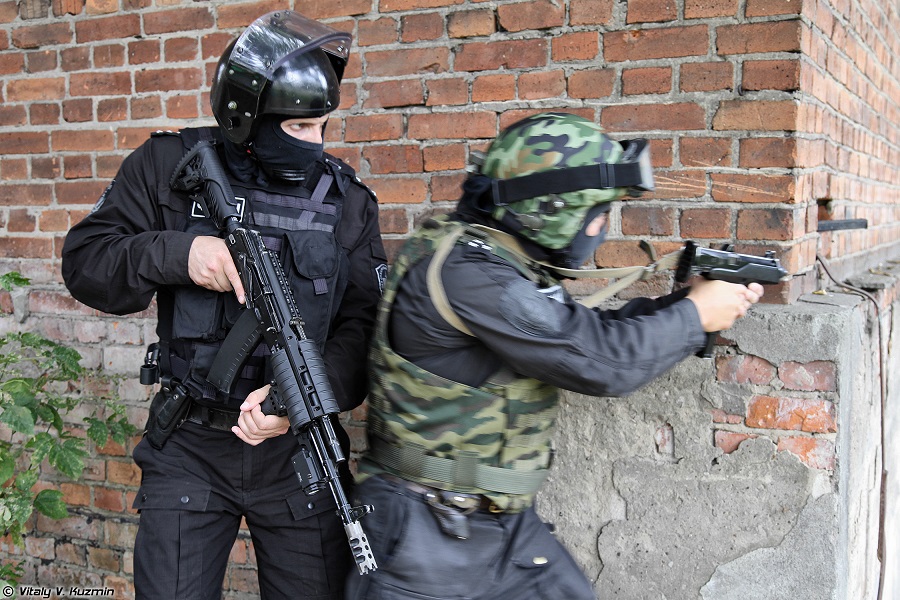This post is also available in:
 עברית (Hebrew)
עברית (Hebrew)
The ongoing perceived terrorist threat in Germany – and especially Berlin, has led to a decision to enhance the country’s anti-terror squad. Germany’s elite police squad GSG 9, which deals with terrorist attacks, is to become significantly larger and will set up a second base in Berlin. Other anti-terror measures have also been taken. Over the last year, the federal police have set up new on-call reserve units across the country to provide a first-response to terrorist attacks — whereas the GSG 9 performs planned operations.
“We’re talking about around a third of the current strength of the unit,” GSG 9 commander Jérome Fuchs told RBB,
The first major attack occurred in December 2016, when Tunisian national Anis Amri drove a truck into a crowded Christmas market, killing 12 people.
Rolf Tophoven, the veteran counter-terrorism expert, told dw.com that “according to the German security forces, the terrorist situation has not become less dangerous, despite the military defeat of ‘Islamic State’ — on the contrary, it could have become more dangerous,” he added. “The other point is that a few things are coming to a head in organized crime, and for that, it is important to have a powerful unit.”
Tophoven estimates that the GSG 9 will be looking to deploy over 100 new officers in Berlin. “The GSG 9 specializes in operations for hostage situations and arresting serious criminals,” he added. The unit’s sophisticated weapons and training mean that it is effectively, as he puts it, a “paramilitary unit — though no police officer would like to hear that.” It also cooperates with the British army’s special forces the SAS and similar elite forces around Europe.
The unit is likely to struggle to find new recruits so quickly, not only because of the high physical prerequisites: new applicants have to be able to run 5 kilometers (3.1 miles) in under 23 minutes, complete a 100-meter sprint in under 13.4 seconds, and bench press 75 percent of their own body weight.
Fuchs also said that while officers would not be transferred from other special police units especially for GSG 9, applicants must already be trained police officers, ideally with practical experience.
GSG 9 (which stands for Grenzschutzgruppe 9, or literally “Border protection group”) was created as a direct consequence of the kidnapping and murder of Israeli athletes at the Munich Olympics in 1972 when the police’s handling of the event received much criticism.
Since its inception, according to Fuchs, GSG 9 has carried out over 1,900 operations, or about 50 a year.


























